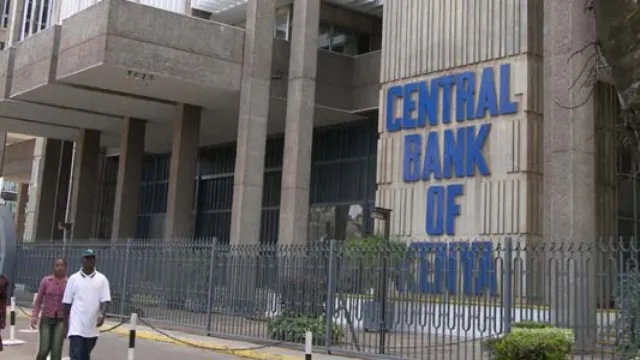Central Bank ramps up cyber threats defenses

According to the Financial Sector Stability Report, 2024, players in the banking sector lost over KES1.5 billion to hackers in cyber and technology-related fraud last year.
With rising threat of loss of customer funds across the banking industry through cybercriminals, the Central Bank of Kenya has established a new unit to enhance lender’s ability to monitor and counter online attacks.
In an update on Monday, the CBK said it has established the Banking Sector Cybersecurity Operations Centre (BS-SOC) to provide players in the sector with cyber threat intelligence, incident response, digital forensics, and cyber investigation services.
CBK has directed financial services institutions to report cybersecurity incidents to the BS-SOC within stipulated timelines. “The successful implementation of this initiative requires the full collaboration and cooperation of all stakeholders,” said CBK in a statement.
CBK said the new unit aligns with the country’s implementation of the Computer Misuse and Cybercrime (Critical Information Infrastructure and Cybercrime Management) Regulations, 2024. It is also a strategic initiative under the Central Bank of Kenya (CBK) Strategic Plan 2024-2027.
According to the Financial Sector Stability Report, 2024, players in the banking sector lost over KES1.5 billion to hackers in cyber and technology-related fraud last year.
The report noted that the number of fraud cases during the period under review increased by 56.66 percent to 353 in 2024.
At the same time, the total value of amounts affected by fraud also rose significantly, from KES 680.9 million in 2023 to KES 1.9 billion in 2024 with the actual losses incurred by the sector closing at KES1.5 billion, compared to KES 596.4 million in 2023.
Additionally, the banking industry regulator has put in motion a process to align the Commercial Banks Cybersecurity Guidelines of 2017 and the Payment Service Providers Cybersecurity Guidelines of 2019 with the new 2024 rules.
According to cyber security company Kaspersky, across Africa, individuals in Kenya experienced one of the highest increase in online threats in the three months to March, 2025 at 20.1 percent followed by Nigeria (17.8 percent) and South Africa (17.5 percent).
Kaspersky said some of the emerging online threats are ransomware, advanced persistent threats, supply chain attacks, mobile threats, as well as Artificial Intelligence (AI) based attacks.





